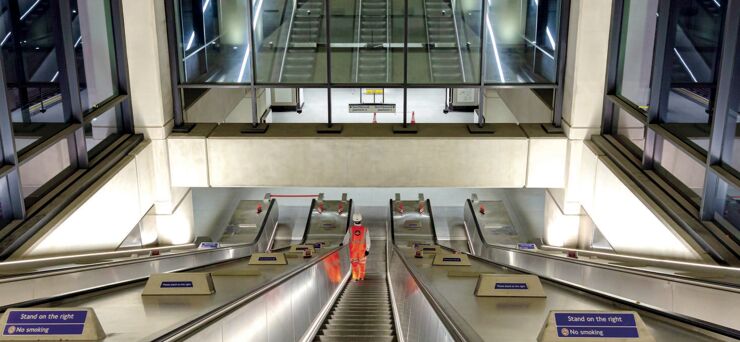
NEC Users’ Group member National Highways (formerly Highways England) has just let a £3.6 billion NEC4-based road-renewals framework to 50 suppliers. Winning firms announced in September 2021 include NEC Users’ Group members Eurovia, Jackson Civil Engineering, HW Martin, Volker, Galliford Try and Dyer & Butler.
Works and services carried out under the government-owned company’s new six-year ‘scheme delivery framework’ will be let under the NEC4 Engineering and Construction Contract (ECC) and NEC4 Professional Service Contract (PSC) respectively, with amendments required to meet public sector procurement rules and the specific requirements of each project.
Wide range of activities
Designed to keep England’s motorways and major A roads in a safe and serviceable condition, the framework includes substantial civil engineering works on barriers and drainage, traffic management activities and design services. It replaces National Highways’ soon-to-expire construction works framework, design services contracts and asset support contract.
The new framework is split into four bands covering civil engineering and drainage, temporary traffic management and road restraint systems, specialist works, and design. Within each band there are two to seven lots, which are in turn subdivided into regional sub-lots, such that award values for the 50 suppliers vary between £1 million and £144 million.
Focus on SMEs and social value
Duncan Smith, acting executive director for operations at National Highways, says, ‘This new approach enables a more diverse pool of suppliers of all sizes to work directly with National Highways. Approximately 23% of the overall framework value has been awarded to SMEs, so creating a secure pipeline of work and increasing innovation across the board.’
According to Smith, social value was inherent throughout the procurement process. ‘This ensures that suppliers are measured on their contribution and impact socially within each region. Key themes included helping local communities to recover from the impact of Covid-19; creating new businesses, new jobs and new skills; and tackling workforce inequality’.




